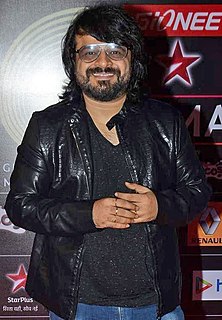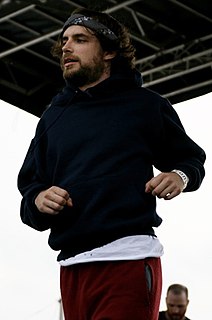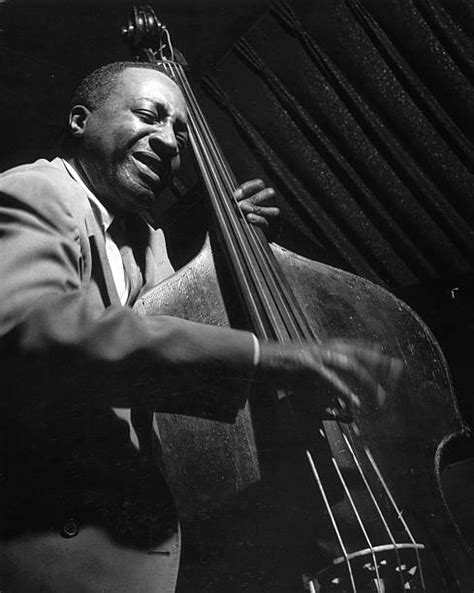A Quote by Pritam Chakraborty
There was a time that I was only known for being a plagiarist. It used to hurt at times because there was so much effort I was putting into music. And instead of that, it was a couple tunes that I had reproduced from folk songs to remake as film songs, which were being written about.
Related Quotes
Cornelius Cardew very famous in Britain, because he was the darling of the avant-garde, and he played in a band called AMM, which was an improvising band in the '60s. Paul McCartney used to come watch them. Later on in life, he became disenchanted with avant-garde music, because he felt it couldn't reach the public. It didn't have a wide enough appeal. So he'd take these tunes of old English folk songs and write Stalinist lyrics over the top of them. I do think that when he changed to folk songs, he actually lost the tiny audience he already had, which is quite interesting.
I am deeply sensitive to the spell of nationalism. I can play about thirty Bohemian folk songs ... on my mouth-organ. My oldest friend, who is Czech and a patriot, cannot bear to hear me play them because he says I do it in such a schmalzy way, 'crying into the mouth organ'. I do not think I could have written the book on nationalism which I did write, were I not capable of crying, with the help of a little alcohol, over folk songs, which happen to be my favourite form of music.
And I thought about how many people have loved those songs. And how many people got through a lot of bad times because of those songs. And how many people enjoyed good times with those songs. And how much those songs really mean. I think it would be great to have written one of those songs. I bet if I wrote one of them, I would be very proud. I hope the people who wrote those songs are happy. I hope they feel it's enough. I really do because they've made me happy. And I'm only one person.
In the United States, many people said you can't have folk music in the United States because you don't have any peasant class. But the funny thing was, there were literally thousands, tens of thousands, hundreds of thousands of people who loved old time fiddling, ballads, banjo tunes, blues played on the guitar, spirituals and gospel hymns. These songs and music didn't fit into any neat category of art music nor popular music nor jazz. So gradually they said well let's call it folk music.
My best songs were written very quickly. Just about as much time as it takes to write it down is about as long as it takes to write it...In writing songs I've learned as much from Cezanne as I have from Woody Guthrie...It's not me, it's the songs. I'm just the postman, I deliver the songs...I consider myself a poet first and a musician second. I live like a poet and I'll die like a poet.
The challenge in writing the songs for The Aristocats truly fell on the animators & director of the film. Robert & I wrote the initial songs for the film, just prior to leaving full-time employment at the Walt Disney Studios. Therefore, some of the songs we wrote for The Aristocats were never used. I believe, therefore, the challenge fell upon the makers of the film to select what songs made the final cut.
I only knew classical music, which to me was the only true music. The only way I could survive at the bar was to mix the classical music with popular songs, and that meant I had to sing. What happened was that I discovered I had a voice plus the talent to mix classical music together with more popular songs, which at the time I detested.
I've always loved the songs of the sea. I was first introduced to them back in 1957, at the Old Town School of Folk Music. I used to go to Pete Seeger concerts, and he would do songs like 'Ruben Ranzo' and talk about how the sailors sang songs to do their work - to raise the anchors, pull up the sails and that sort of thing.



































